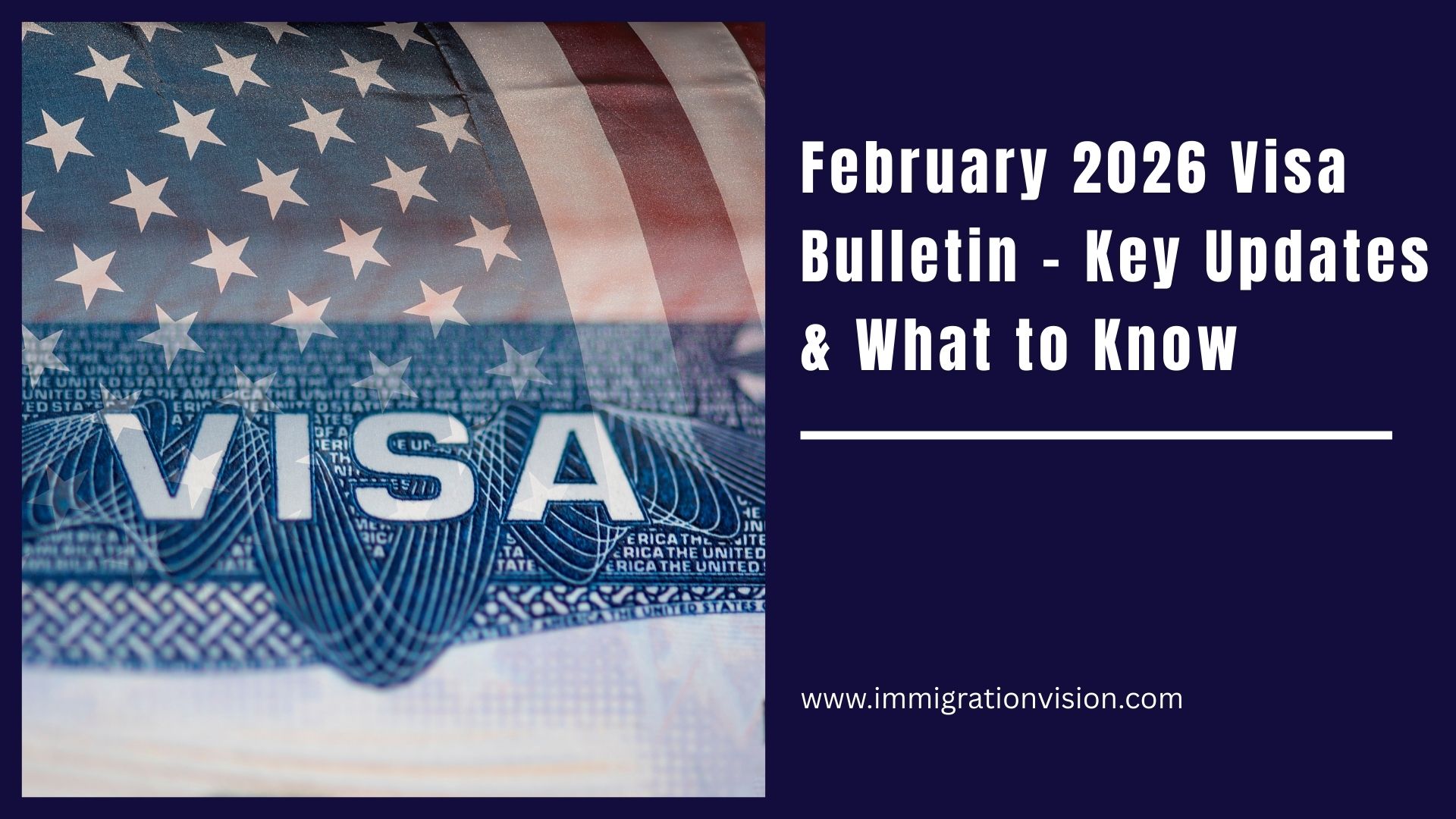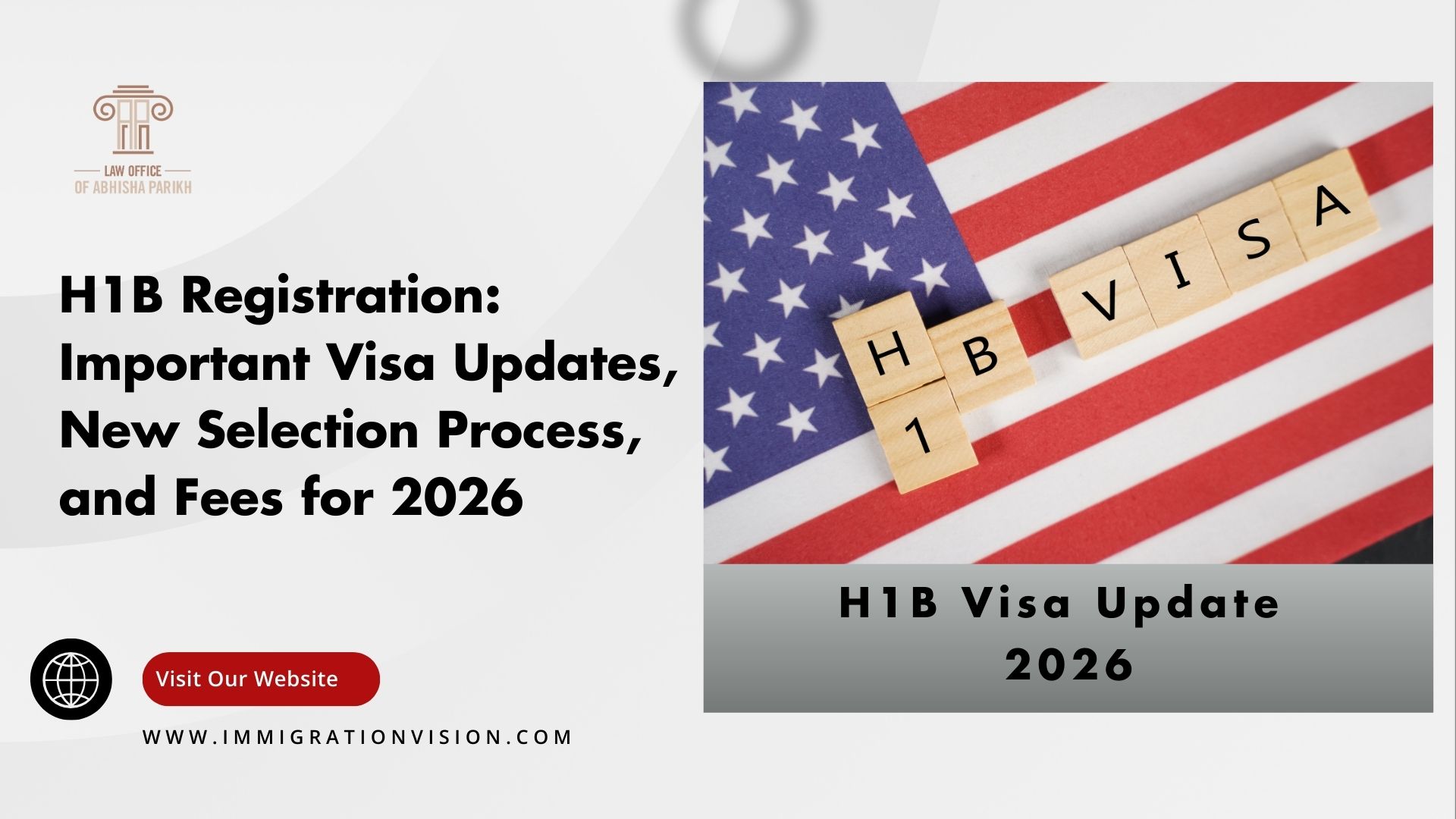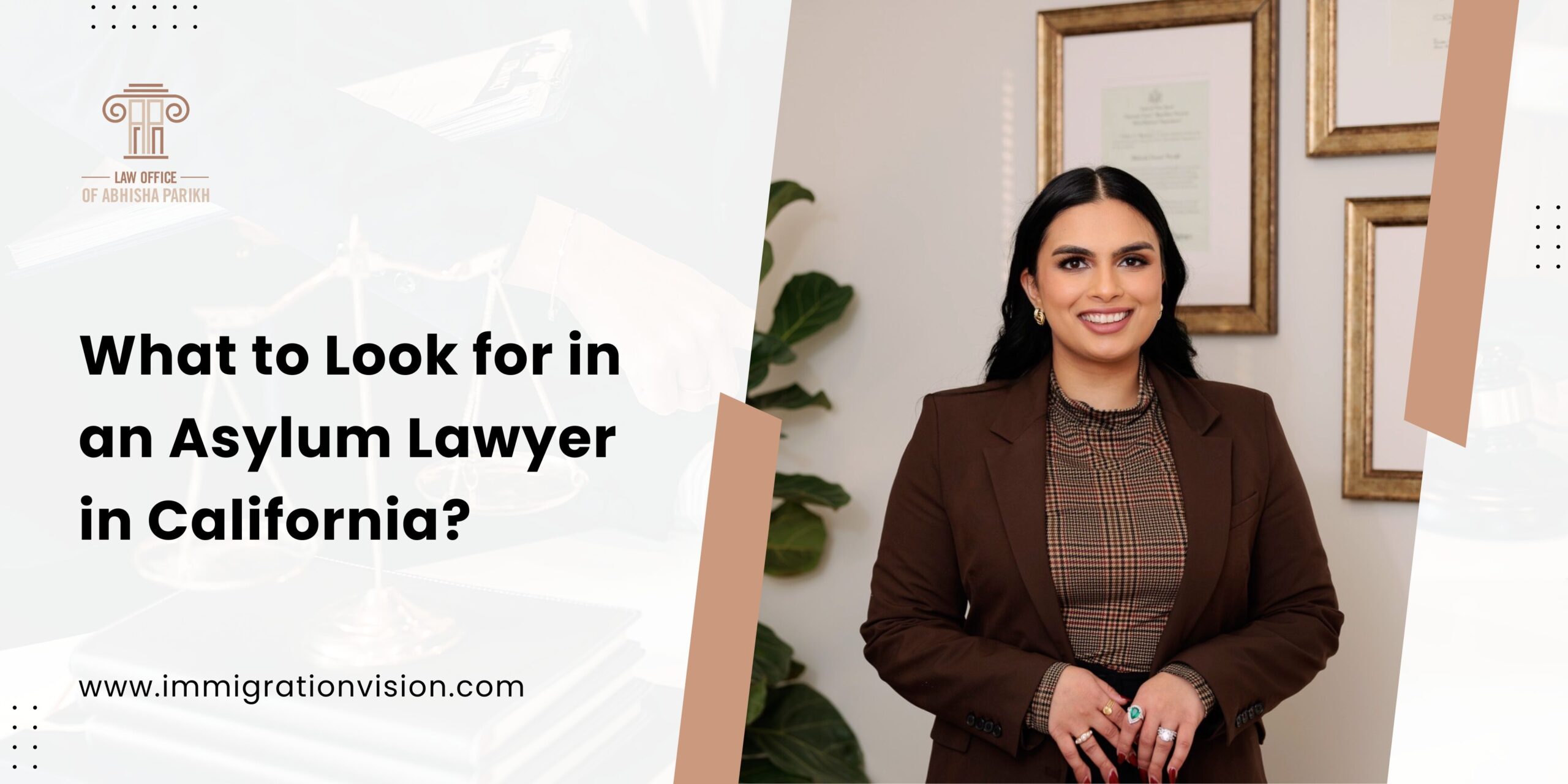The EB-1A visa classification, commonly called the “Extraordinary Ability” green card, is an option for individuals who are the top of their fields in areas of science, the arts, education, business, or athletics. If you can prove that you’ve risen to the top of your field and have the accolades to back it up, this may be one of the most direct paths to permanent residency in the United States.
Key Advantages
1. No Job Offer Required
Unlike other employment-based green card categories, EB-1A doesn’t require a sponsor. You can self-petition by showing your exceptional credentials and your future plan to keep working in your area of expertise.
2. Top Priority Visa Category
As a first-preference employment-based category, EB-1A typically has more visa numbers available than lower-preference categories. This often means shorter overall processing times.
Eligibility Criteria
To qualify for EB-1A, you must show that you are among the small percentage of individuals who have gained significant recognition in your field. You can do this in two ways:
- Present evidence of a major, internationally recognized award(e.g., a Nobel Prize).
- Or provide at least threeof the following (plus proof that you’ve been recognized nationally or internationally):
- Authorship of scholarly articles or publications.
- Original contributions of major significance in your field.
- Membership in associations that demand outstanding achievements.
- Evidence of high salary or remuneration indicative of extraordinary skill.
- Published material about you in professional or major media.
- A history of judging others’ work in your field (individually or on a panel).
- Display of your work at artistic exhibitions or showcases.
- Significant commercial successes in the performing arts.
- Critical roles in prestigious organizations.
Application Process
1. File Form I-140
The core step is to submit Form I-140 (Immigrant Petition for Alien Worker), along with robust evidence of your extraordinary ability. Since there is no employer requirement, you’ll file the petition on your own behalf.
2. Compile Strong Documentation
Gather letters of recommendation from notable experts, evidence of awards, media coverage, and proof of high-level accomplishments. The goal is to present a cohesive story of professional excellence.
3. Premium Processing (Optional)
If you opt for premium processing, you’ll pay an additional fee to secure a response from USCIS within 15 days. This can be a game-changer if you’re aiming for a swift decision.
4. Adjust Status or Consular Processing
Once your I-140 is approved, you can either adjust status if you’re already in the U.S. or proceed with consular processing in your home country. Both lead to receiving your green card, giving you permanent resident status.
Your spouse and unmarried children under 21 can generally receive derivative green cards based on your EB-1A approval. This allows your loved ones to live, work, and study in the U.S. without needing separate visa sponsorship. It’s a major advantage for families seeking long-term stability.



